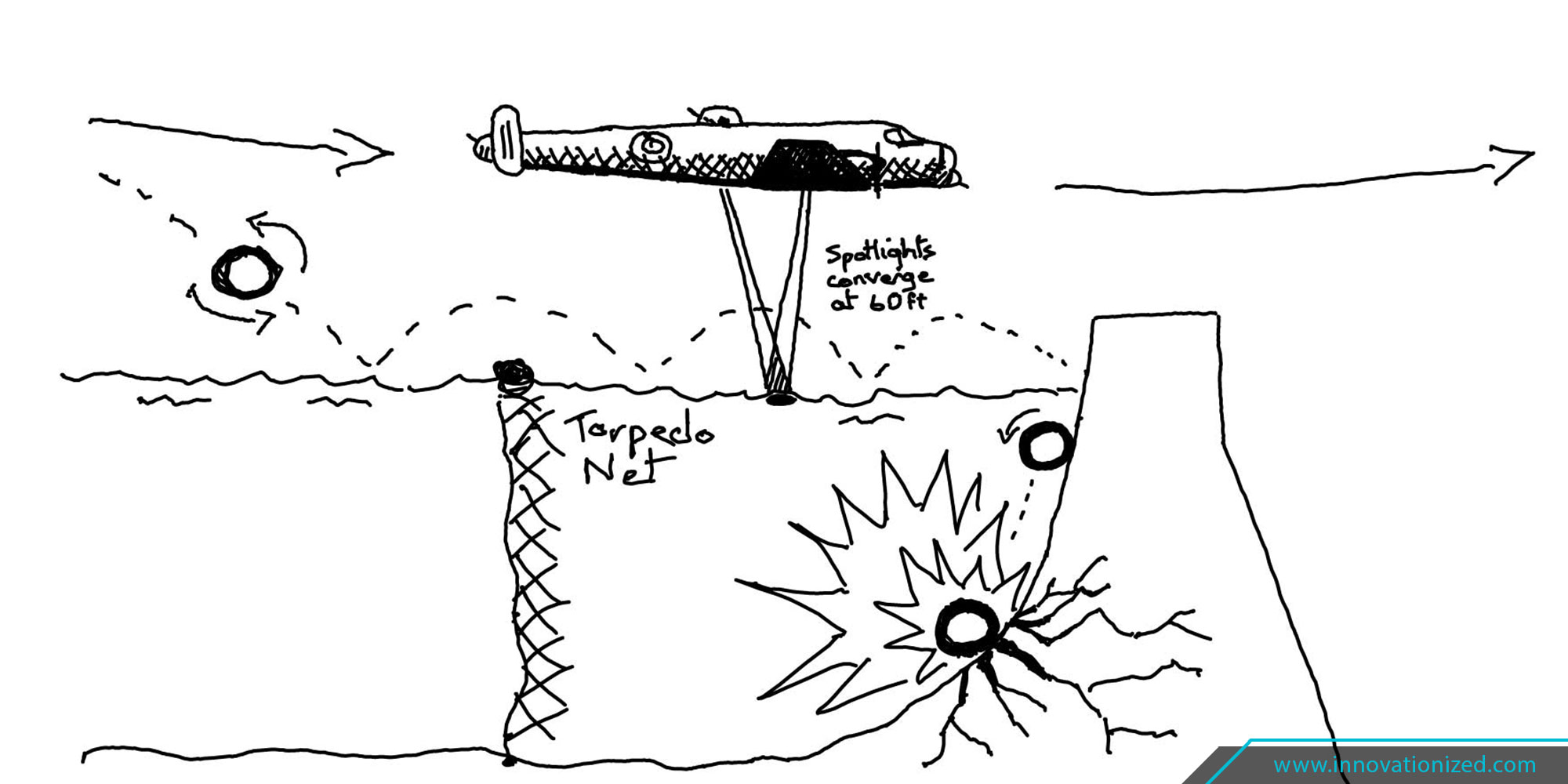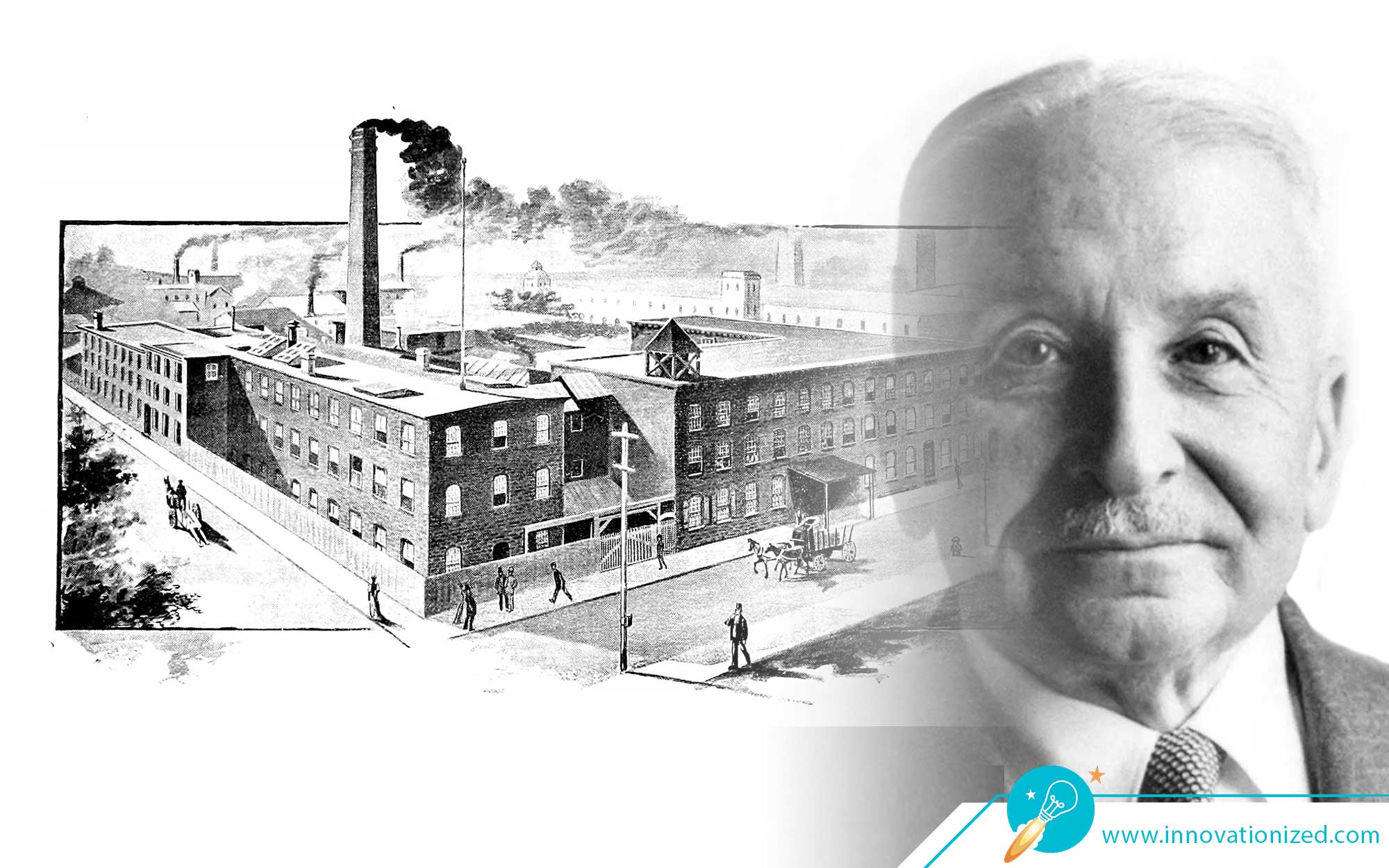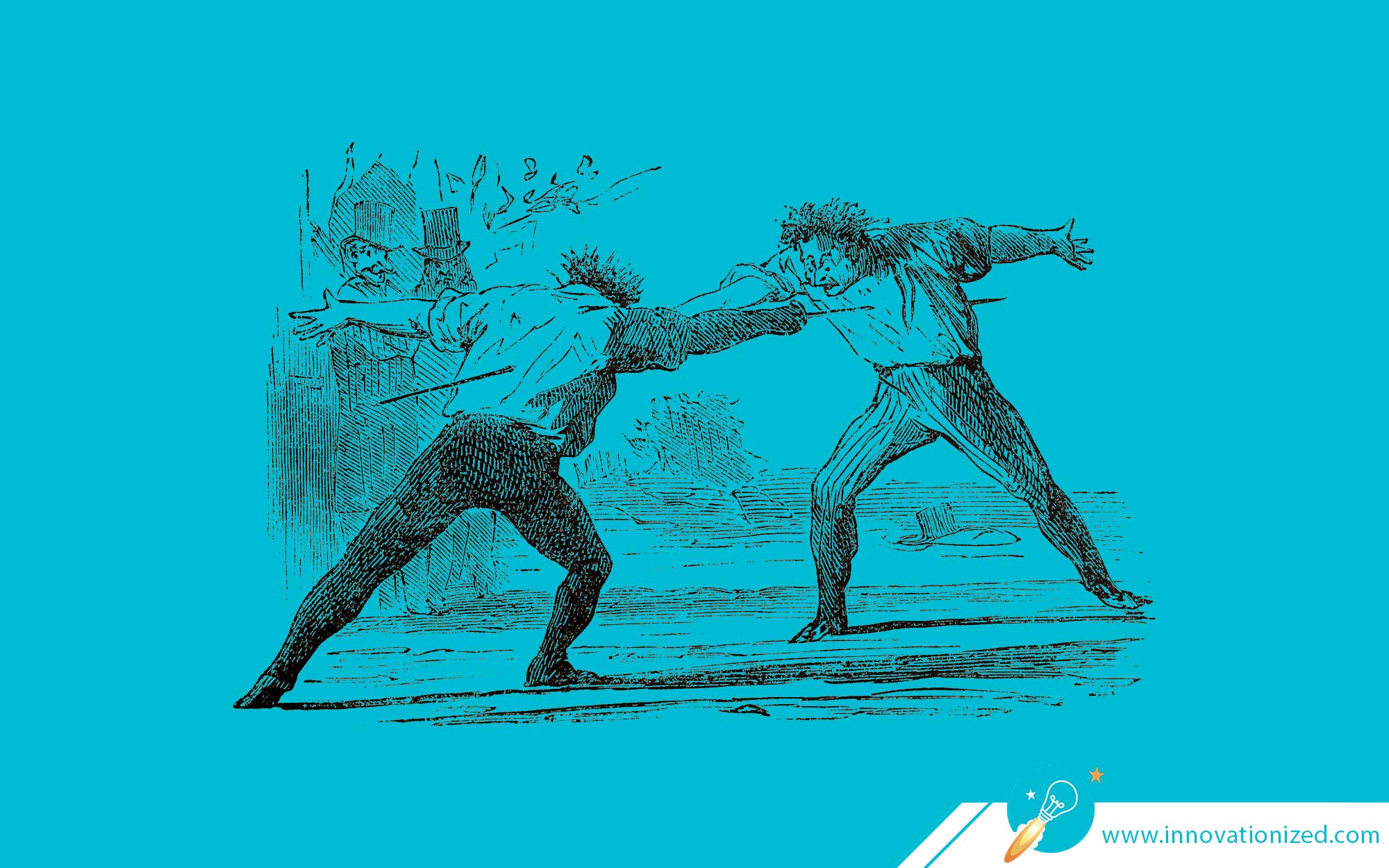From flint tools to fusion, innovation comes in many forms
It’s all around us and has been for millennia, but what is it?
We tend to think of innovation and invention interchangeably, as cool new gadgets, often produced by a breakthrough in knowledge. For example, the discovery of radio waves (Faraday, Maxwell, Hertz) and the consequent invention of the wireless telegraphy (Marconi) and eventually radio.
Innovation is all that, and more.
Encyclopedia Britannica, defines innovation much more broadly:
“The creation of a new way of doing something, whether the enterprise is concrete (e.g., the development of a new product) or abstract (e.g., the development of a new philosophy or theoretical approach to a problem).”
According to Merriam-Webster, innovation is a new idea, method, or device.
Innovation is open to all, not just scientists and technologists.
The period of the Industrial Revolution was filled with unknown and uneducated people, who made modifications to equipment and processes, which advanced the quality and productivity of the age.
A new way of doing something, from arranging product on a shelf to make more sales, to organizing your day to be more productive and rewarding, is innovation.
I think the Britannica definition above is close, but missing something.
Innovation to me, is not simply a new way of doing something. Sheer novelty is not a value. Innovation is a new and better way of doing something. So it’s a new method that is better in terms of efficiency, quality, speed, or yields a new output (radio).
Innovation Through Relocation
A powerful form of innovation, is taking the successful application of an idea, a technique, material, or method, and applying it in a different area.
For example, the drive-thru was first used in banking, by City Savings & Commercial Bank in New York in 1946. Two years later, Harry and Esther Snyder applied that idea to a fast food restaurant. They opened the first drive-thru restaurant in Baldwin Park, California in 1948. That business, In-N-Out Burger, is still doing well today.
A much earlier example, is the arch. The Romans have often been credited with the arch, but Babylonians and ancient Persians did know about the arch. However, they only used it in underground construction.
The Romans took the concept and applied it in new places and in new ways. They used it extensively in above ground construction. They used repeating arch constructions to build buildings and bridges. They built rows of arches upon rows of arches to create impressive viaducts.
This one innovation, taken from below the ground and applied above ground in creative ways, helped the Romans build, extend, and maintain their empire.
Innovation through relocation is a powerful technique for taking successful ideas and technologies from one industry or area, and applying them to new areas. It may be the most effective technique. Many innovations are of this type.
Reverse Engineer Your Best Ideas
Innovation through relocation is one way to leverage existing knowledge to innovate in new areas. There are others.
In particular, it pays to be self-conscious about your creative thinking. When you figure out something new that works, immediately try to capture how you arrived at it. That can often reveal a technique that can be consciously applied in future. I have captured some useful techniques that I have then re-applied in design and writing.
One of the best things you can do to stay creative, is when you see something new and effective in any field, ask, “How can I make this work in my field?”
If you don’t ask, you don’t get. This question primes your subconscious to be on the lookout for good ideas, and then stimulates you to creatively mine your subconscious for possible applications.
References
Sturley, Kenneth Reginald. “radio technology”. Encyclopedia Britannica, https://www.britannica.com/technology/radio-technology. Accessed 14 December 2022.
Boslaugh, Sarah E.. “innovation”. Encyclopedia Britannica, https://www.britannica.com/topic/innovation-creativity. Accessed 15 December 2022.





